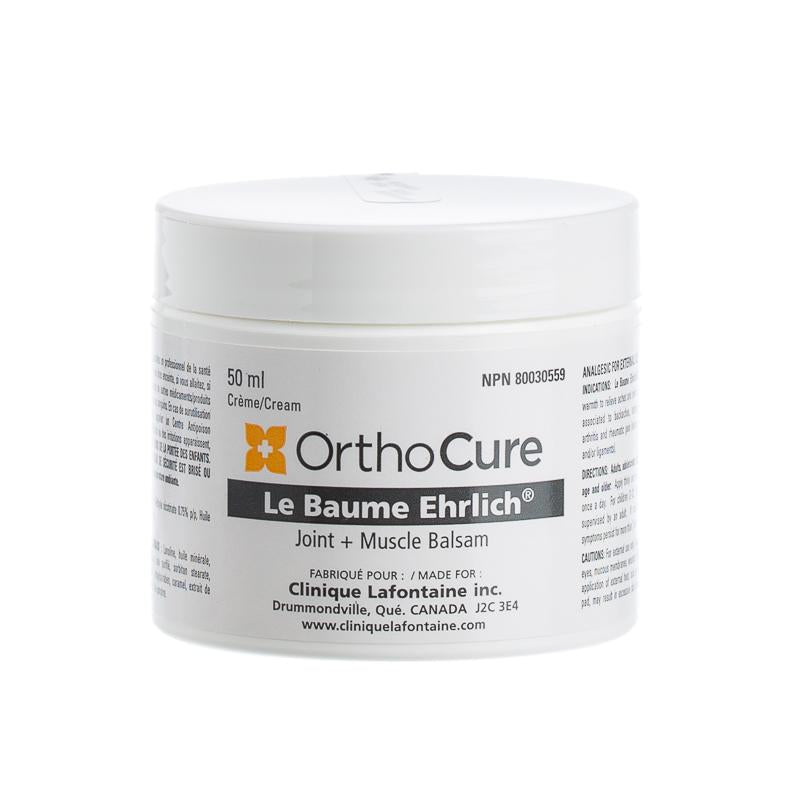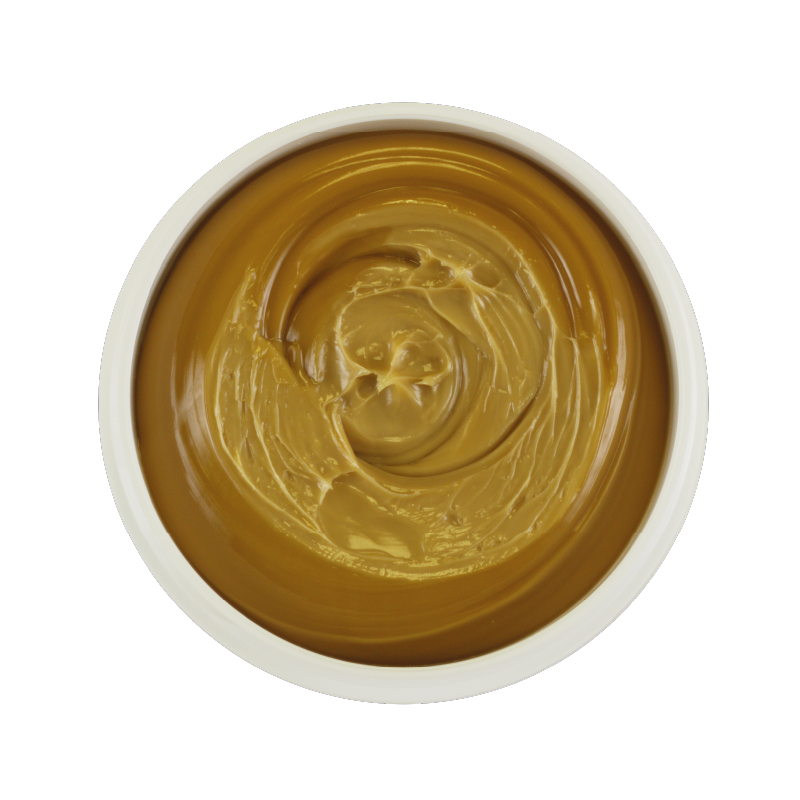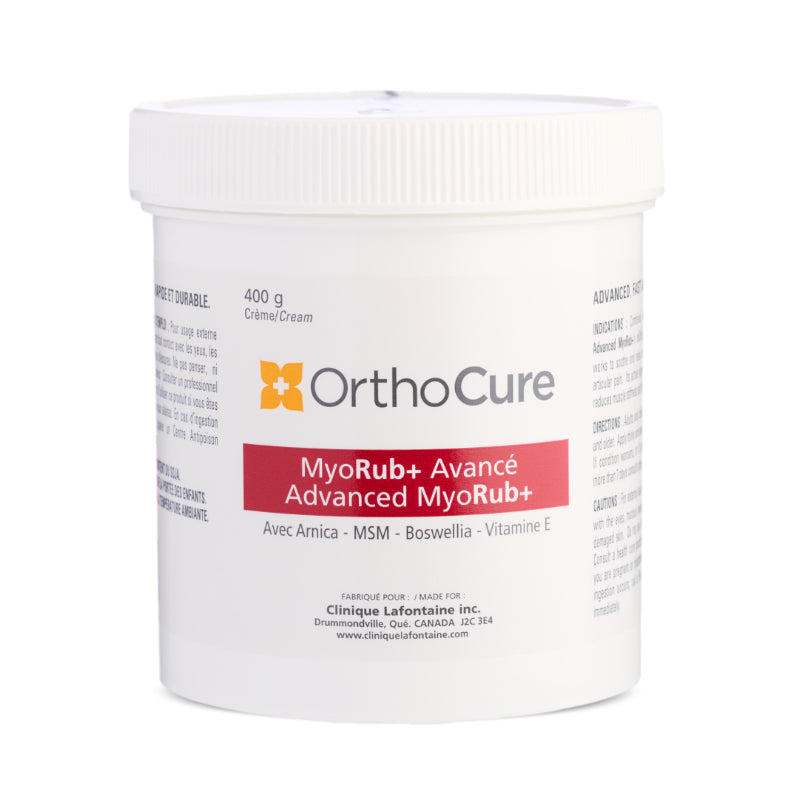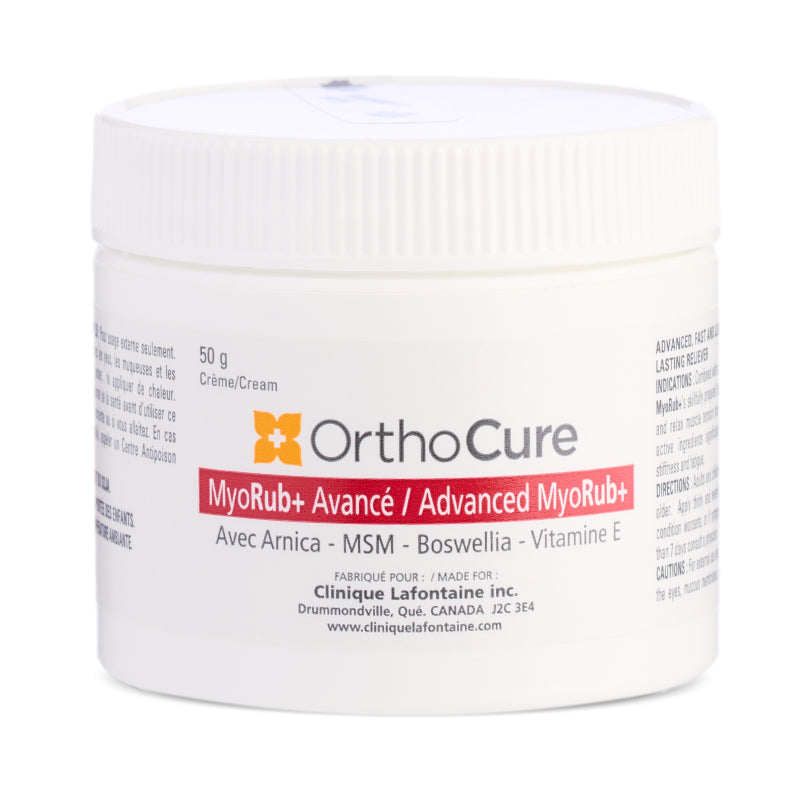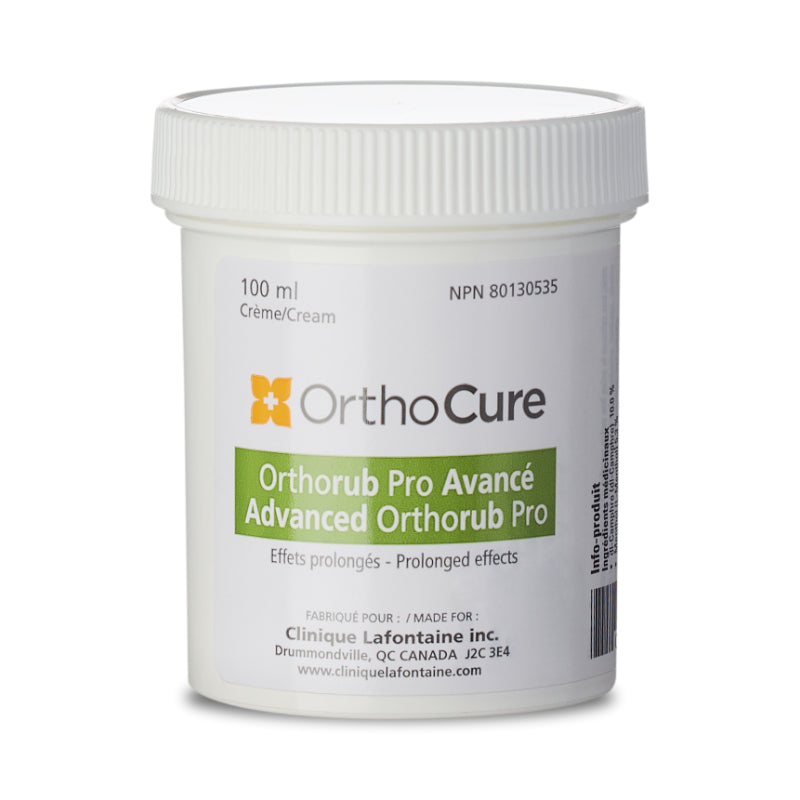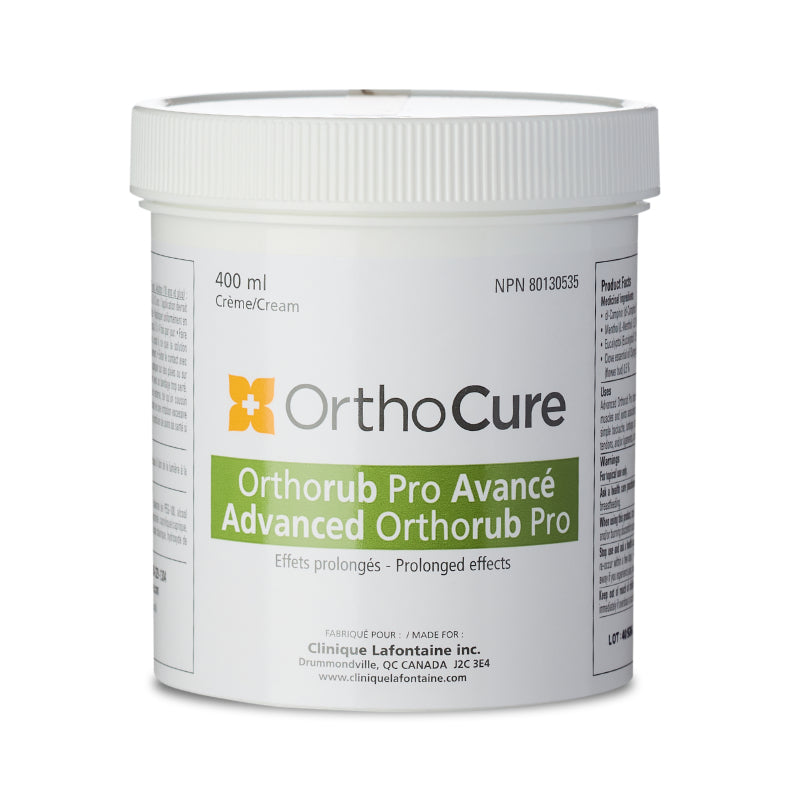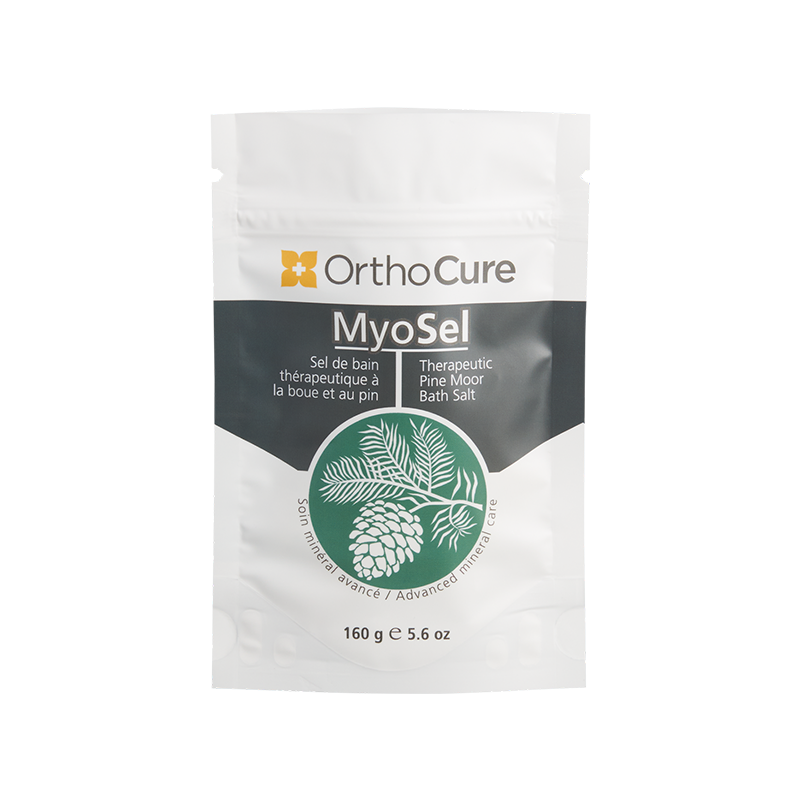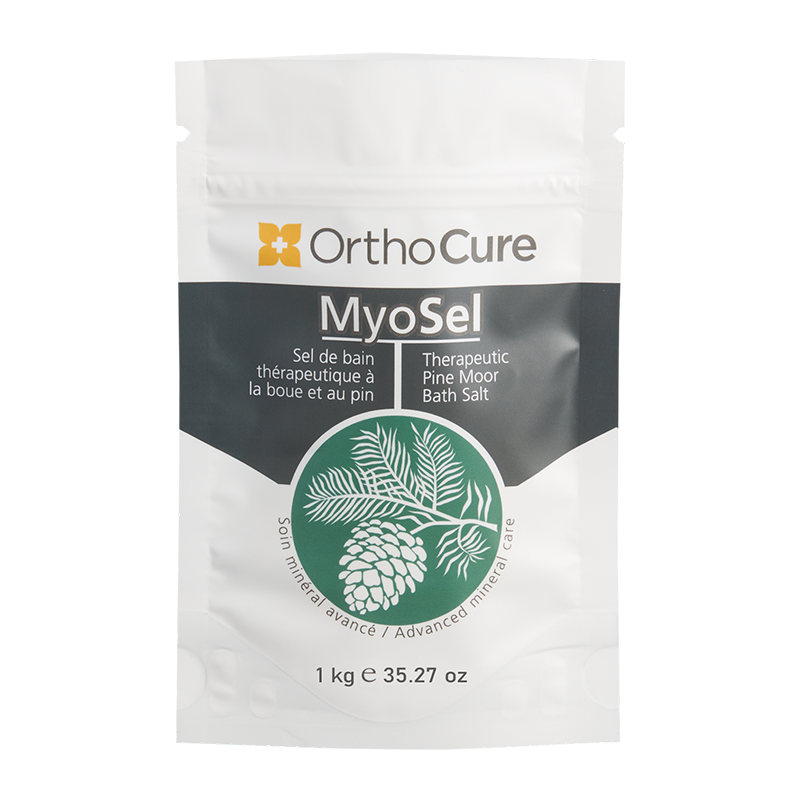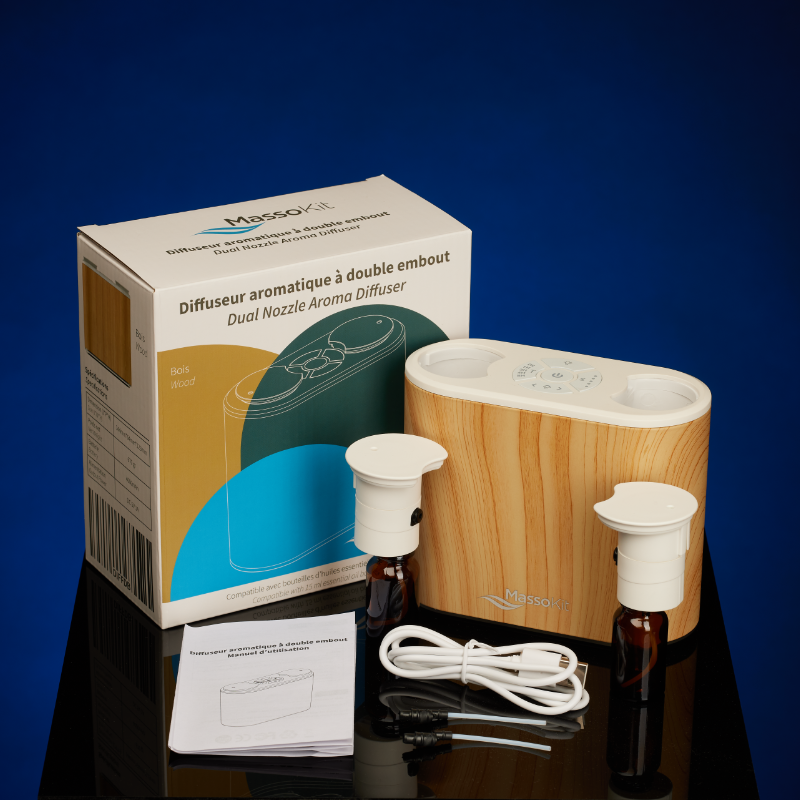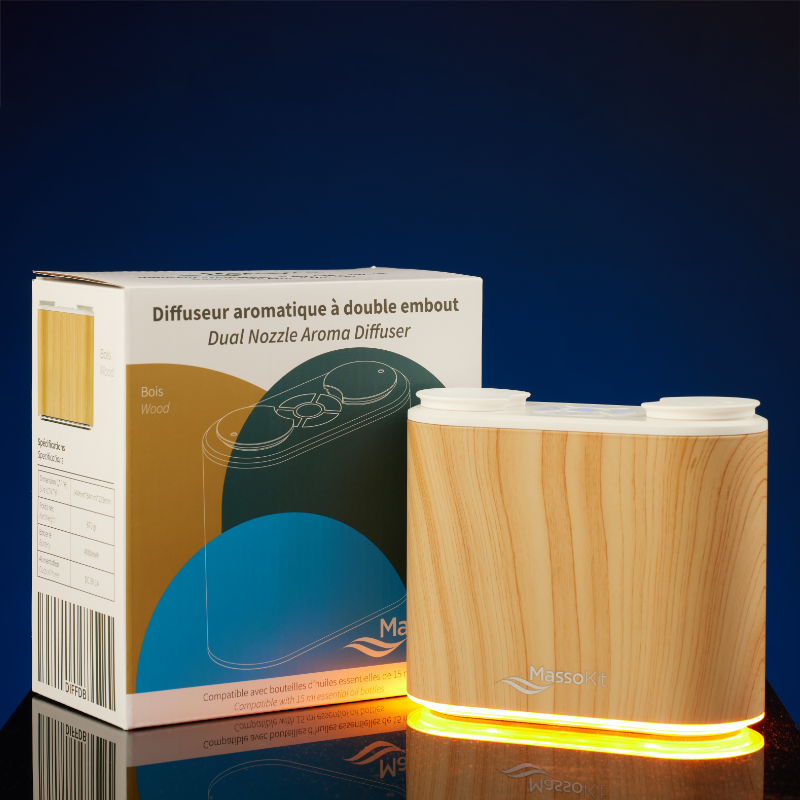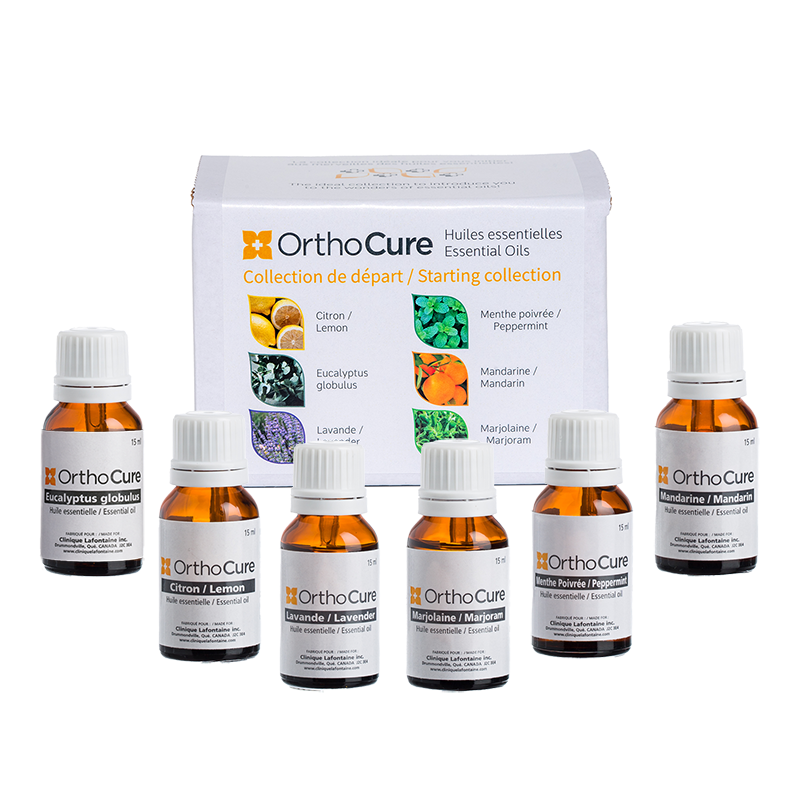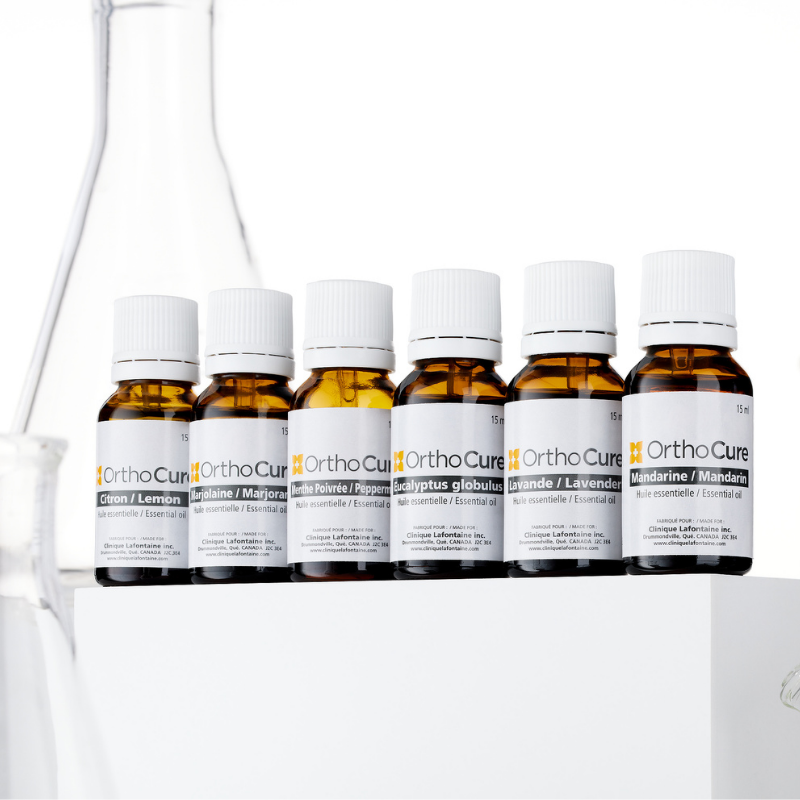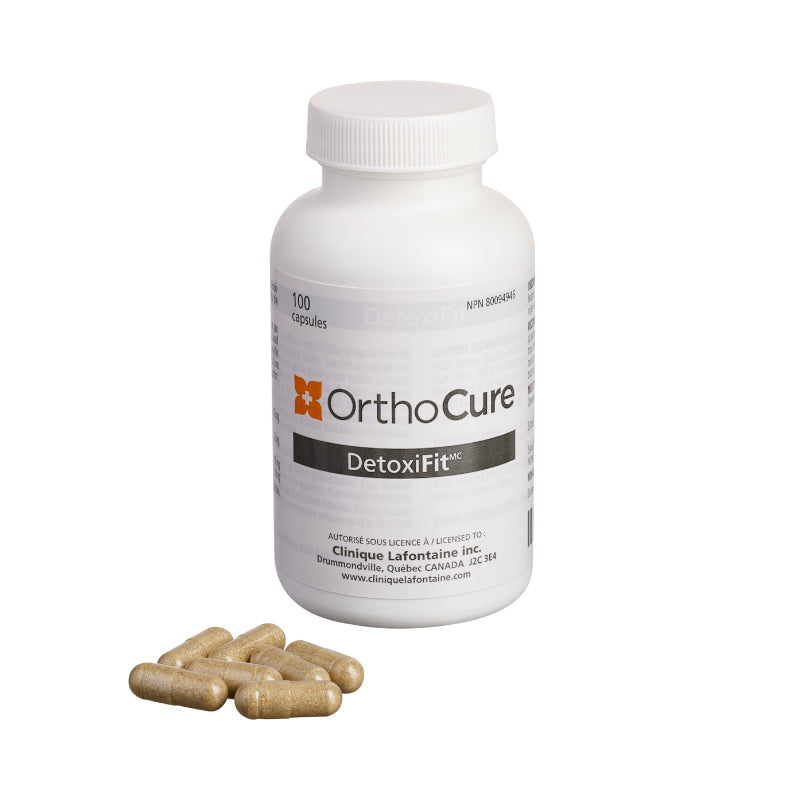Do you enjoy aromatherapy to create a relaxing atmosphere or enhance your care routine? Good news: it's entirely possible, even if you share your daily life with furry, feathered, or scaly companions.
The key is simply to choose your oils well and adopt the methods of use and some precautions.
Our animals do not have the same metabolism as us: their bodies are more sensitive, and some essential oils, safe for humans, can cause them discomfort. No worries: with the right precautions, you can continue to enjoy the benefits of aromatherapy while keeping your animals safe.
Essential oils from Clinique Lafontaine that dogs should avoid
Dogs are sensitive to several chemical families of essential oils.
| Chemical family | Essential oils | Possible effects |
|---|---|---|
| Phénols | Thyme (thymol), Clove | Irritating, hepatotoxic, neurotoxic |
| Ketones | Common sage, Peppermint | Risk of convulsions, neurological disorders |
| Monoterpenes | Melaleuca (Tea tree), Pine, Fir, Spruce, Citrus (orange, lemon, grapefruit, bergamot, mandarin) | Digestive disorders, liver damage |
Essential oils from Clinique Lafontaine that cats should avoid
The cat's liver does not metabolize certain molecules: an oil that is "mild" for us can become harmful to it.
| Chemical family | Huiles essentielles | Possible effects |
|---|---|---|
| Phenols | Thyme (thymol), Cinnamon, | Irritating, hepatotoxic, neurotoxic |
| Ketones | Common sage, Peppermint, Eucalyptus globulus, Camphor | Risk of convulsions, respiratory disorders |
| Monoterpenes | Melaleuca (Tea tree), Citrus (orange, lemon, grapefruit, bergamot, mandarin), Pine, Fir, Spruce | Neurological disorders, vomiting, liver damage |
Other essential oils recognized as unsuitable for animals
To avoid during broadcast
Although these oils are neither used, taught, nor sold by us, it is essential to know their toxic potential for animals before any testing or use. We therefore recommend prioritizing safer solutions. Here is an additional list of oils to avoid.
- Absinthe (Artemisia absinthium)
- Yarrow millefeuille (Achillea millefolium)
- Garlic (Allium sativum)
- Bitter almond (Prunus dulcis)
- Mugwort (Artemisia vulgaris)
- Boldo (Peumus boldus)
- BIRCH (Betula)
- Calamus (Acorus calamus)
- Cinnamon (Cinnamomum verum and C. cassia)
- Cassia (Cassia fistula)
- Cedar (Cedrus atlantica and Cedrus deodara)
- White goosefoot (Chenopodium album)
- Gaultheria procumbens or wintergreen (Gaultheria procumbens)
- Juniper (Juniperus sp., except Juniperus communis berry)
- Hyssop (Hyssopus officinalis, except var. decumbens)
- Lime (Citrus aurantiifolia)
- Mentha pulegium or pennyroyal (Mentha pulegium)
- Mustard (Brassica juncea)
- Origanum (Origanum vulgare)
- Houndstooth (Chenopodium murale)
- Horseradish (Armoracia rusticana)
- Street (Ruta graveolens)
- Santolina (Santolina chamaecyparissus)
- Savory (Satureja)
- Sassafras (Sassafras albidum)
- Tansy (Tanacetum vulgare)
- Turpentine (Pistacia palestina)
- Thuja (Thuja occidentalis)
How to stay calm with your essential oils?
- Before broadcasting, make sure your pet can leave the room
- Avoid streaming continuously: prefer short periods.
- Avoid direct contact with the skin or the animal's toys.
- Consider safer alternatives.
Gentle alternatives to prioritize
If you like certain oils but live with pets, here are some tips to replace them safely:
- Thyme (Thymus vulgaris), Clove (Syzygium aromaticum) (powerful but irritating antibacterials): prefer Ravintsara instead (Cinnamonum camphora L.) or Niaouli (Melaleuca quinquenervia).
- Menthe poivrée (Mentha Piperita) (digestive, tonic): opt for Basil (Ocimum basilicum).
- Eucalyptus globulus (Eucalyptus globulus) ou Camphor Rosemary (Rosmarinus officinalis L. camphoriferum) (respiratory, energizing): prefer l’Eucalyptus radiata, which is milder.
- Melaleuca (Melaleuca alternifolia) (antiseptic): bet on the True Lavender (Lavandula angustifolia) or Geranium (Pelargonium graveolens).
What if you are a massage therapist?
If you work from home and have pets, take the time to check your essential oils before a session.
There are always safe alternatives to adapt your care without compromising the well-being of your companions.
The gentle essential oils, as an alternative mentioned in the article
- Ravintsara (Cinnamomum camphora L.) – gentle alternative to thyme and clove
- Niaouli (Melaleuca quinquenervia) – gentle alternative to thyme and clove
- Lemon (Citrus limonum) – gentle alternative to peppermint
- Basil (Ocimum basilicum) – gentle alternative to peppermint
- Eucalyptus radiata (Eucalyptus radiata) – gentle alternative to eucalyptus globulus and camphor rosemary
- True Lavender (Lavandula angustifolia) – gentle alternative to melaleuca
- Geranium (Pelargonium graveolens) – gentle alternative to melaleuca
Practical resource:
You can download and print our chart and list in PDF format:
Guide to Animal Welfare
